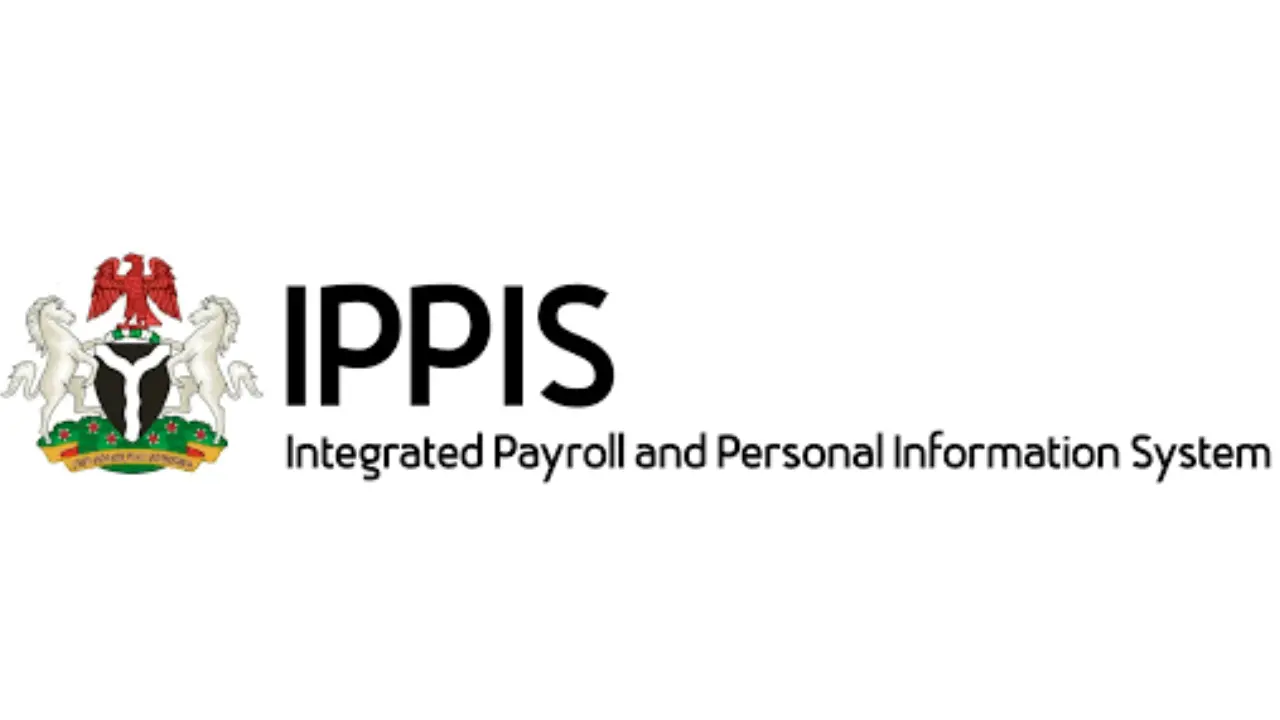Universities’ Exclusion From IPPIS Will Enhance Efficiency – VCs Committee
The Committee of Vice Chancellors of Nigerian Universities has applauded the decision of the Federal Government on the removal of universities from the Integrated Payroll and Personnel Information System (IPPIS) The Secretary-General of the committee, Prof Yakubu Ochefu, who spoke to journalists on the sideline of a One-Day Workshop for Advancement and Alumni Officers of […]

The Committee of Vice Chancellors of Nigerian Universities has applauded the decision of the Federal Government on the removal of universities from the Integrated Payroll and Personnel Information System (IPPIS)
The Secretary-General of the committee, Prof Yakubu Ochefu, who spoke to journalists on the sideline of a One-Day Workshop for Advancement and Alumni Officers of Nigerian Universities in Abuja on Thursday, stated that the removal would birth a new university system.
The Federal Executive Council had given the approval during its meeting at the Presidential Villa on Wednesday.
Ochefu stated, “Universities in other parts of the world don’t depend on government funding like that. What the government gives is a lump sum grant to these universities and universities in addition to those grants will look for resources elsewhere to fund their operations.
ECOWAS Court dismisses convict’s request to complete jail term in Nigeria
Stop parading yourself as petroleum minister, Falana tells Tinubu
“This cannot happen overnight, you don’t wean the baby just like that, there is a transition period. So autonomy is in the law establishing universities and the role of government is to co-fund universities by giving grants, supporting students to pay their tuition and encouraging endowments. This is a global practice.”
The secretary general noted that the committee had an interface with the minister sometime in August on the challenges faced by Nigerian universities, adding, “When the CVC met with the Minister of Education in August, we told him very clearly that for IPPIS, it cannot exist within the Nigerian university system, because the way their operations are calibrated, IPPIS cannot cope.
“This is because our system is very dynamic. In a system, there may be a need to hire one lecturer to teach one course or you may need to hire someone to teach for a session after which you are done with it. So, the flexibility is dynamic. A lecturer who started lecturing at the beginning of the semester may fall ill and may need to hire another to cover for the professor for the semester.
“IPPIS does not accommodate this kind of flexibility that the system requires and that is why we said this thing is antithetical to the way universities are operated. We commend the minister for this feat because being a former vice chancellor, he understands the dynamics of how the system operates.
“You cannot say that you must get approval from the Head of Service before you appoint a cleaner, it doesn’t work that way. That has never been the system, so this is a major development for us in the university system and we applaud the minister for being able to convince the Federal Executive Council of our cry.”
NAN reported that the Federal Government introduced the IPPIS in 2006 as one of its reform initiatives for the effective storage of personnel records.
The IPPIS initiative was expanded to include all Ministries, Departments and Agencies that draw personnel costs from the Consolidated Revenue Fund.
The Academic Staff Union of Universities had in the past rejected the reform and been at loggerheads with the Federal Government over the continuous use of IPPIS for the payment of university lecturers’ entitlements.
